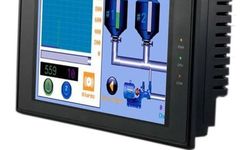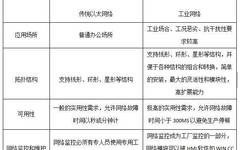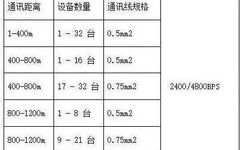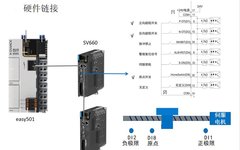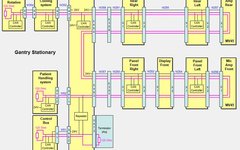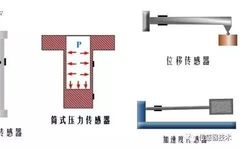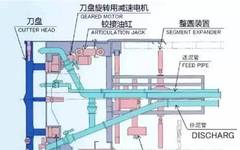Essential HMI Knowledge Every Electrician Should Know
Human-Machine Interface connects programmable logic controllers (PLC), variable frequency drives, DC speed controllers, instruments, and other industrial control devices, using a display screen to show information, and through input units (such as touch screens, keyboards, mice, etc.) to write working parameters or input operation commands, realizing digital devices that enable information interaction between humans and … Read more

